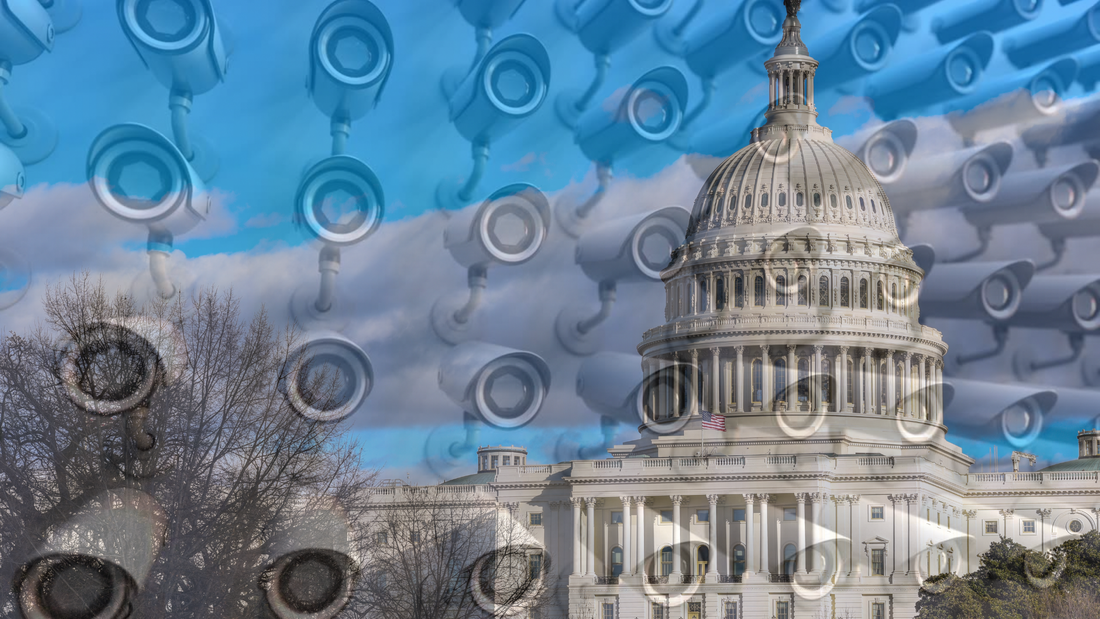|
George Kennan, an American diplomat living in Moscow in 1946, penned the “long telegram” that defined the Cold War in 8,000 words. Elizabeth Goitein, Senior Director of the Brennan Center for Justice’s Liberty and National Security Program, has written – at about one-half the length of Kennan’s telegram – an article in Foreign Affairs that is another landmark piece that in lucid prose describes the essentials of living in an “era of unprecedented government surveillance.”
Goitein’s piece centers around Section 702 of the Foreign Intelligence Surveillance Act, designed by Congress to allow targeting foreigners on foreign soil for intelligence purposes. Congress foresaw the need to include measures to protect Americans whose communications are incidentally caught up in this web of surveillance. The law stipulates that the government must “minimize” the collection, sharing, and retention of Americans’ information. And the government must certify that it is not engaging in “reverse targeting,” using the surveillance to work backwards to obtain the communications of particular Americans. Elizabeth Goitein then contrasts the intentions of Congress and the reality of Section 702 in practice: “Fifteen years into the program, it is clear that these protections are not working. The government, with the FISA Court’s backing, has adopted a remarkably maximal interpretation of minimization. After collecting the data, the NSA routinely shares portions of it—including Americans’ communications—with the CIA, the FBI, and the National Counterterrorism Center. All agencies retain the data for at least five years, and in some cases, such as when the data is encrypted, much longer. “The most controversial aspect of the program, however, is the use of ‘backdoor searches’ (or, as the government refers to them, ‘U.S. person queries’): the practice of electronically searching the Section 702–acquired data to find and retrieve Americans’ phone calls, text messages, and emails. In other words, having obtained the data without a warrant by certifying that it is not seeking access to the communications of particular, known Americans, the government then intentionally searches that very data for the communications of particular, known Americans.” You know you’re in the hands of a skillful writer when she steps back and just lets the facts convey the irony. Goitein goes on to detail reforms to Section 702 that should be a prerequisite for its reauthorization before this authority sunsets at the end of this year. But she makes it clear that this is just one tool the government uses to spy on Americans. Another is the purchasing of our most sensitive personal information by government agents from data brokers. Yet another is bulk collection of data under 12333 – authorized not by a statute, but by an Executive Order. “In short, the United States is long overdue for a rightsizing of government surveillance,” Goitein writes. “The reauthorization of Section 702 provides the best opportunity Congress has had since 9/11, and perhaps will have for a long time, for that undertaking … But unless Congress is willing to attack the other heads of the Hydra, it will have done little to rein in warrantless surveillance of Americans.” Comments are closed.
|
Categories
All
|


 RSS Feed
RSS Feed